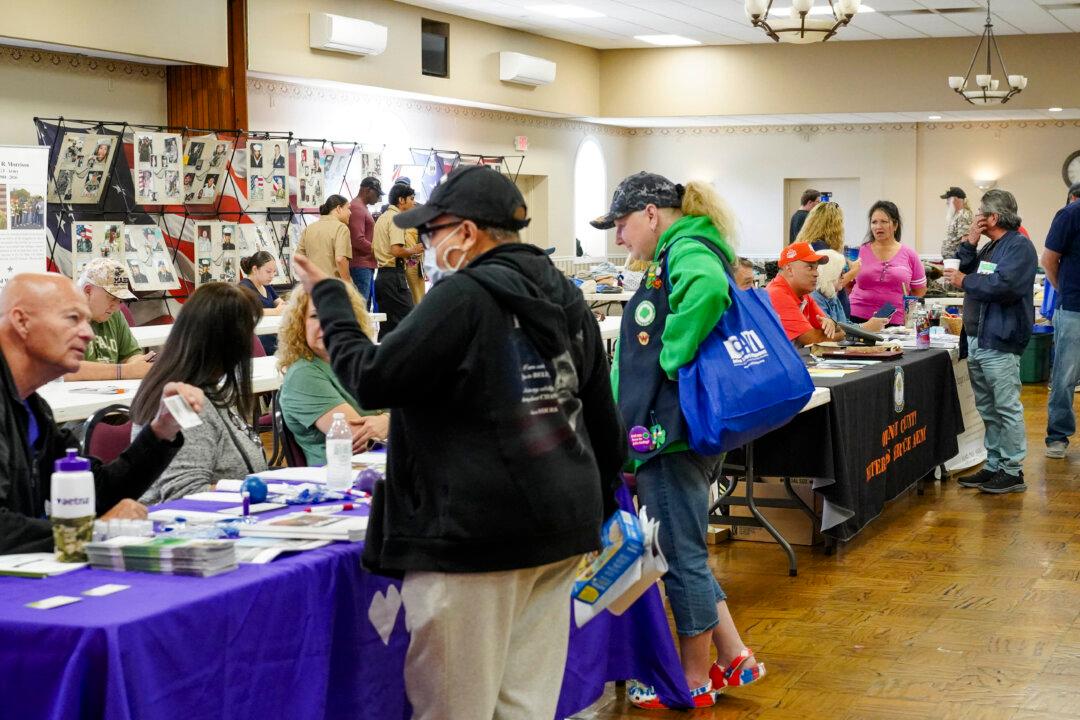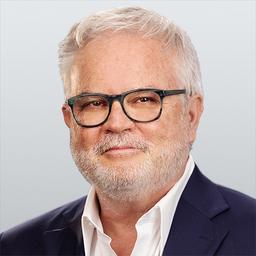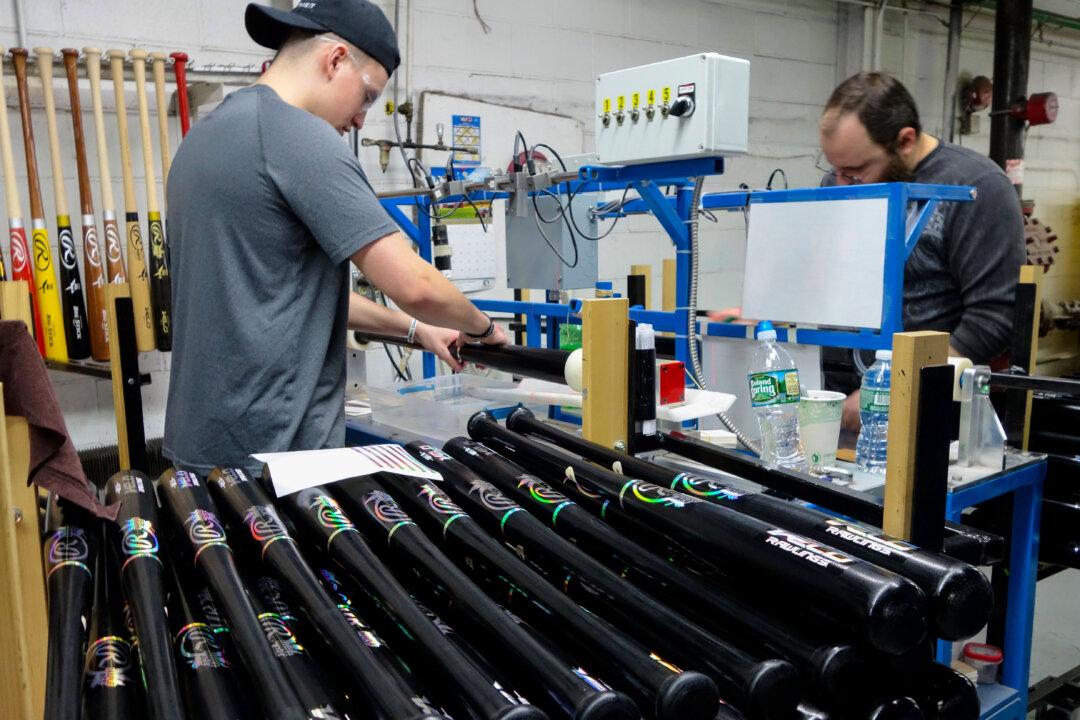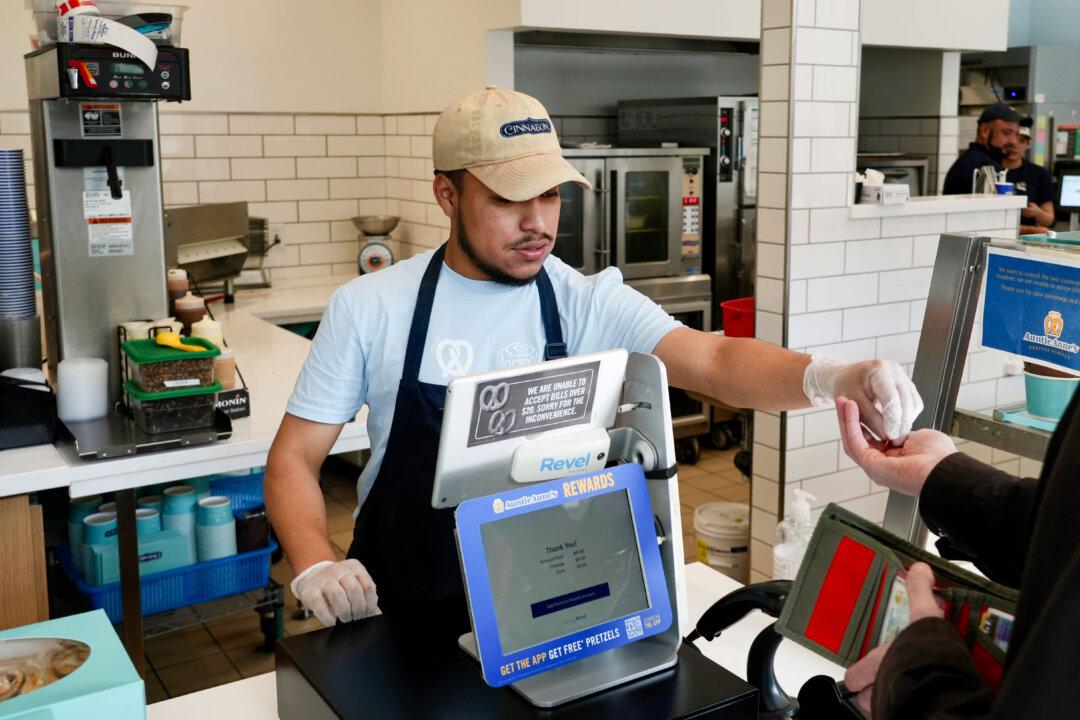Military veterans today still find numerous challenges when leaving service, whether it be physical disabilities, psychological challenges, or employers discounting their experience. In response, several nongovernmental organizations beyond the Veterans Administration (VA) have been developing programs to assist in veteran reacclimatization, providing services ranging from psychological counseling to community networking, and combating a suicide rate that continues to grow.
Those organizations are also in agreement that military veterans, after deployment, need much more than a “Thank you for your service” message when trying to reengage in civilian life.





